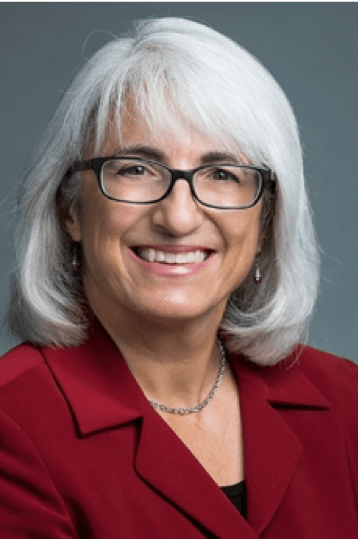This semester was my first time facilitating project-based learning for an online graduate class. The experience was rewarding and challenging in equal measure for both the students and for me. Here are some learnings from along the way:
Make sure the project is “do-able” in the time-frame of the course and that grading is appropriately weighted. This particular project was part of an international strategy course (IBUS 6401). I wanted to start the project late enough in the course so that we would have hit on key strategic issues and done a few case studies already while leaving enough time to complete the project. The project was ultimately weighted at 35% of the total grade which is slightly higher than the group project would have been in this course if it had been a standard research project.
Work with the client ahead of time to set expectations and quantify the scope of the project. Our client, Marriott International, had a somewhat vague idea of what they wanted us to actually do for them. Broadly speaking, we were working with their strategic planning department developing insight into ways for them to meet their five-year growth goal in the Asia Pacific region. Developing parameters with appropriate scope was perhaps the greatest challenge. The project had to be both do-able for students given the timeframe, while actually being useful to the client. In hindsight, something less ambiguous would probably be easier for students.
Come up to speed on the industry. One of our greatest challenges was getting to the point where the class understood the industry well enough to be able to contribute something of value to the client. Marriott has a very sophisticated strategic planning process with great information and depth of knowledge already in place. To provide them with a meaningful level of insight, we had to understand the industry and their position in it (they are a market leader) in great detail. Luckily, we were able to find a “consultant” within the GWU system who was able to provide us with tremendous support and industry insight. His industry knowledge provided a quality lift to the project.
Push the students beyond case-study mode. Students had a tendency to report on what the client was already doing, devoting too much time and space to information the client already knew and not enough time to developing strategies for what the client should actually do next. In a post-project debrief, the students agreed that this was one of the greatest challenges.
Determine how much to share with the client. Our client was extremely gracious about access and interaction with the class especially given the mid-project COVID-19 crisis severely impacting their industry. With only four student teams of four, client interaction was reasonably easy to facilitate. Our client interaction consisted of a kickoff where they presented background information and explained what they were looking for, a mid-project touch-base session and a live presentation session. If students had client questions along the way, I screened them and we interacted with the client via email.
Project wrap up. We held client presentations for the client to provide live feedback to the students. I strongly recommend holding a practice-run before the actual client presentations. We ran ours as a kind of “shark tank” with our industry expert and I asking tough questions. This working session helped our final client session to be much more polished and professional. As to the final reports, it became a challenge to decide whether or not to share all reports (each group had a slightly different strategic area to explore) or just the top reports; an expectation that should be set with the client in advance.
In our final debrief session, the students agreed that it was an exciting opportunity and it helped them to better understand a major brand. They also agreed that they learned a lot both about the industry and about what it’s like to be in the consulting business especially given the mid-course COVID-19 pivot. Several agreed that it was more work than they thought it would be but all agreed it was ultimately rewarding. I echo their sentiments. Another project with the same client would most likely go much more smoothly as expectations would be set on both sides and much of the background information gathered for the first project could inform later projects.

Dr. Laura D’Antonio is Teaching Assistant Professor of International Business at The George Washington University School of Business.


